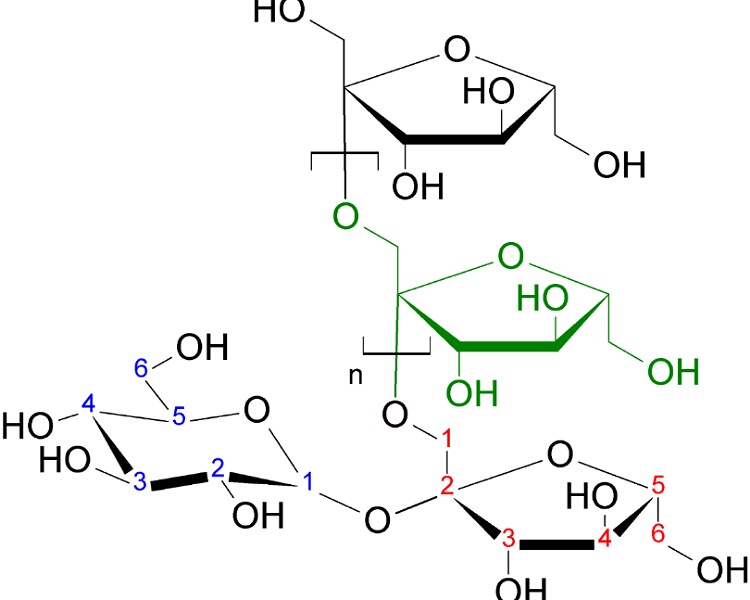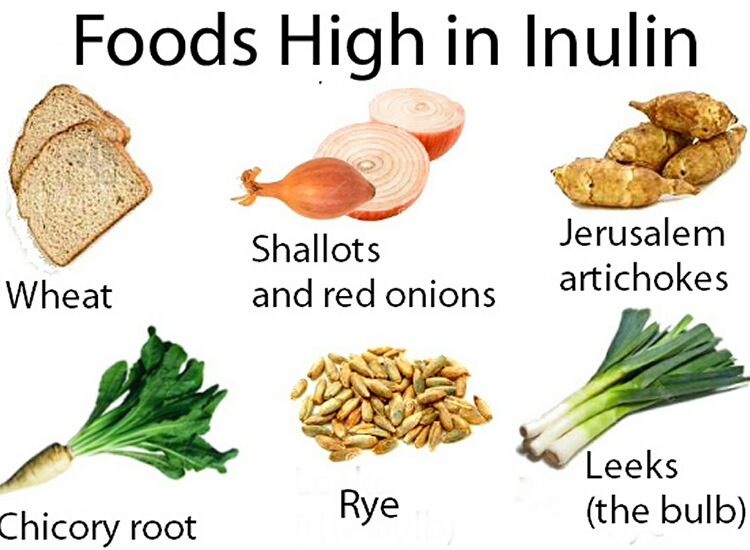Inulin is a type of fiber found in some of the plant based foods. It is not absorbed but is a food for the gut bacteria. What are its sources? What are the uses of artificial inulin and what are the risks with its consumption?
Inulin and its sources
Inulin is a type of fiber that is present naturally in some food substances. It enters the body along with the particular food. But humans cannot digest it. Neither can they absorb it. This fiber is food of the bacteria in the intestines of humans. These bacteria eat it and ferment it to produce by products.

This fiber is hard to digest and is present in bananas, chicory roots. asparagus, dandelion roots, leeks, onions, garlic, Jerusalem artichokes, and in burdock root. The latter is used as a medicine especially in Japan. Additionally, some processed foods also contain it. In them, it is a replacement for fats. These foods include yoghurt, candy bars, ice creams, and cheese. When inulin is combined with water in a definite proportion, it has a texture that is similar to that of fats. Hence it finds use in these foods to lower their fat content.
Benefits of this fiber type
This fiber has use in overcoming certain digestive issues. Since it is not absorbed, it remains in the intestine and can increase bulkness and softness of stools. The bowel movements also improve. Hence, this powder is useful in fighting constipation and its complications such as headache, stomach pain, fullness, loss of appetite, and anal fissures and piles.

This fiber is a prebiotic. Hence it improves the gut bacteria of the healthy type. This in turn is good for the gut health. It also aids in boosting immunity and relieving digestive issues. The calcium absorption is improved and levels of the bad cholesterol in the blood reduces. It also has a role in assisting in lowering of blood sugar spikes and improving heart health.
Side effects
Though inulin helps in improving the health of the gut, large quantities of it may in fact cause gut troubles. Since it is a fiber that is neither digested nor absorbed, consumption of large amounts of it can cause digestive woes. There might be loose stools, nausea, vomiting, gas formation, bloating, and abdominal cramps. The bowel frequency increases and it can be painful. Inulin can also interact with other foods and drugs.

As a prebiotic and supplement, this fiber is generally safe. It comes under the category of dietary supplements. This is regulated by US Food and Drug Administration. But the rules and regulations governing them are not as stringent as that for the foods and drugs. It is the responsibility of the manufacturer to ensure the safety, hygiene, and proper labeling of this food supplement.
Read more: Mochi: the traditional Japanese rice cake that has the potential to kill!
Use this fiber as a supplement and not as a substitute for dietary fiber. Though there are claimed health benefits of this fiber, doctors and health bodies yet do not recommend it for those indications. Its use continues in the food industry and is generally harmless there.
